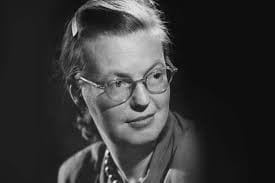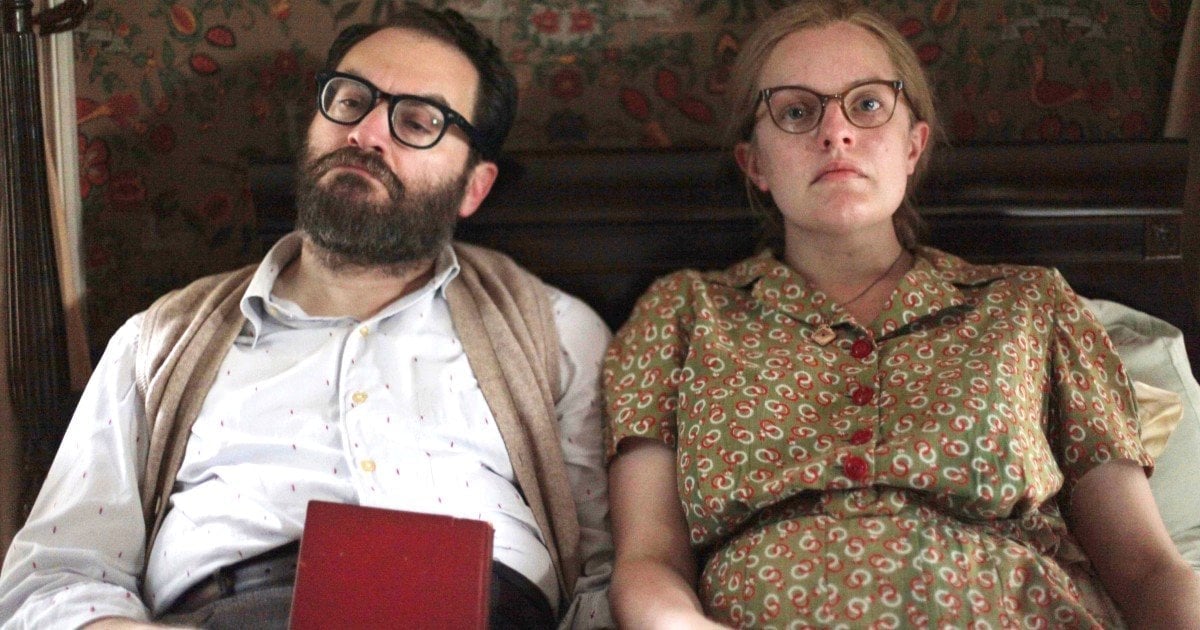
Mamamia's Extraordinary Stories series deep dives into the kind of tales you will keep thinking about long after you've read them. From unexplained mysteries to moments that have changed history, Extraordinary Stories will take you down the rabbit hole and make you never want to leave.
"I have written myself into the house."
Shirley Jackson is one of the most prolific female horror authors of all time. Her stories have taught three generations of readers to be wary of spooky mansions and suspicious villagers, but behind her spine-tingling tales, Jackson herself was deeply haunted.
Shirley Jackson was born in 1916 in San Francisco, to conservative "country club" parents.
Her mother, Geraldine, grew increasingly frustrated with her and struggled to understand her unfeminine, writerly daughter. She would tell Jackson she was the result of a failed abortion and would often criticise her weight, her hair, and her inability to mould herself into the daughter her mother wished she had given birth to.
WATCH: The trailer for The Haunting of Hill House. Post continues below.



Top Comments